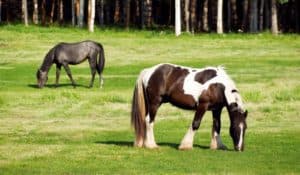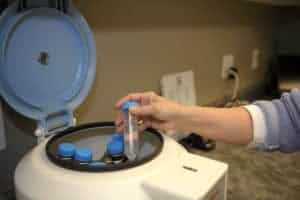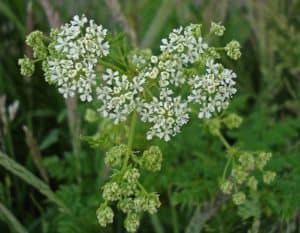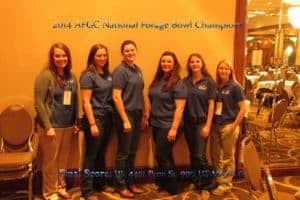
UKVDL Bulletin Alert: Unapproved Compounded Drugs
Veterinarians should consider several important issues when using or prescribing compounded products.

Veterinarians should consider several important issues when using or prescribing compounded products.

Knowing the production potential and limitations of the soil under your farm is key to reducing feeding costs when managing horses and being a good land steward.
All contagious equine metritis (CEM) samples should be collected by a veterinarian and in accordance with United States Department of Agriculture protocol.

Researchers investigated whether antibiotics in a semen extender could inhibit the growth of CEM’s causative bacteria.
Eberth’s research uncovered four mutations in the gene aggrecan (the major structural protein of cartilage) that are associated with dwarfism in the Miniature Horse.
The Research Report 2013 focuses on the UK Maxwell H. Gluck Equine Research Center faculty’s research accomplishments and scientific publications during the 2013 calendar year.

The crowdfunding project, which ended on March 10, is possibly the first such effort in the veterinary science field.

H. Graham Motion and Bruce “Buck” Davidson Jr. will speak April 21 at 6 p.m. in the Ag Science Building’s Seay Auditorium on the University of Kentucky campus.
Debbie Anderson co-founded an equine-assisted learning facility that connects horses with kids, adults, and veterans for educational purposes and life skills development.
According to a March University of Kentucky Veterinary Diagnostic Laboratory (UKVDL) bulletin, the lab is seeing a statistically significant increase in positive Lawsonia intracellularis test results as compared to recent years.

Research teams from the University of Kentucky Gluck Equine Research Center and George Mason University have defined a new advanced statistical model to evaluate anthelmintic dewormer efficacy.

Page’s work at UK has mainly focused on Lawsonia intracellularis, a bacterium causing a disease primarily of young horses, weanlings, and yearlings.

Recent work demonstrates that endophyte-infected fescue can cause vasoconstriction in the legs and reduced blood flow to reproductive organs in mares.

What weeds can you expect in pastures in 2014? The same ones that occurred in previous years will likely grow and thrive this year as well.
In March, researchers will launch a second study on the effectiveness of Equine Guided Leadership Education, a process of using horses to teach emotional intelligence and leadership competencies to nurse leaders.

The UK Forage Bowl team took the top spot at the National Forage Bowl.
Stay on top of the most recent Horse Health news with